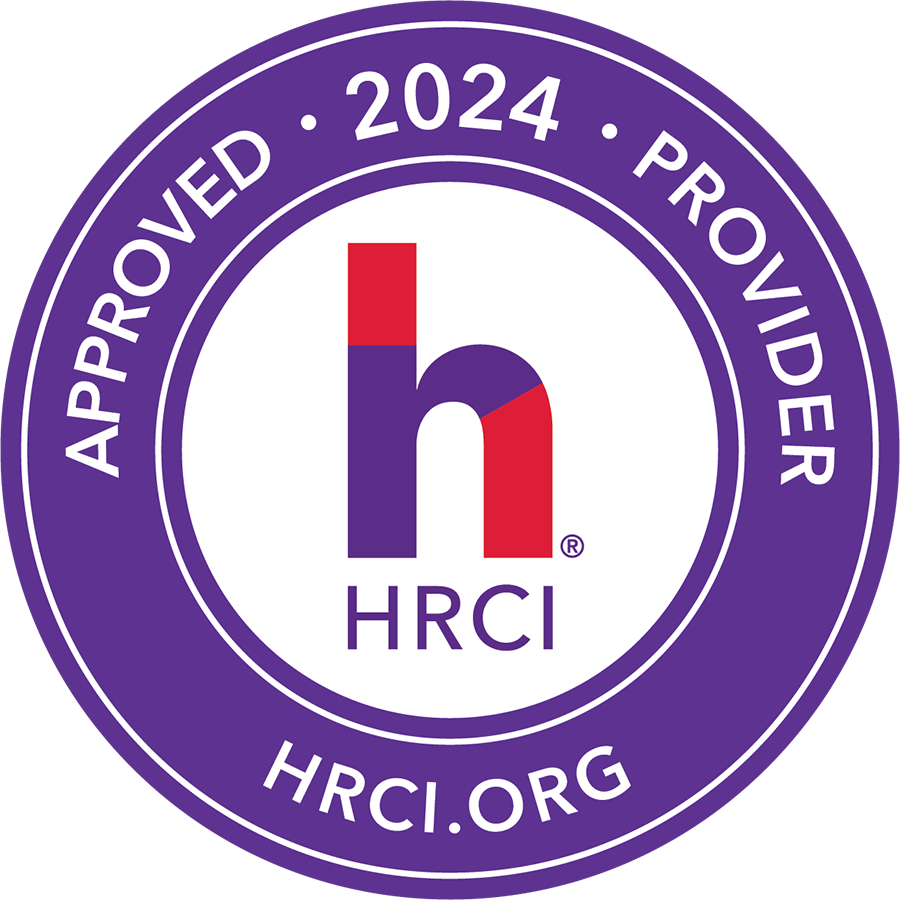HR Metrics and Analytics 2024 - Update on Strategic Planning, Application Activities, and Operational Impact
Ronald Adler is the president-CEO of Laurdan Associates, Inc., a veteran owned, human resources management consulting firm specializing in HR audits, employment practices liability risk management, HR metrics and benchmarking, strategic HR, and unemployment insurance cost management. Mr. Adler has more than 45 years of HR consulting experience working with U.S. and international firms, small businesses and non-profits, insurance companies and brokers, and employer organizations.
Mr. Adler is the developer the Employment-Labor Law Audit™ (ELLA®), the nation’s leading HR auditing and employment practices liability risk assessment tool — now in the tenth edition.
Mr. Adler has served as an adjunct professor at Villanova University, where he taught a master’s level course on HR auditing. Mr. Adler is a frequent author and regularly conducts webinars and seminars on HR management and workplace issues.
Mr. Adler has represented Maryland employers on the state’s Unemployment Insurance (UI) Oversight Committee, and previously served as an appointee to the State of Maryland's UI Funding Task Force and UI Advisory Committee. Mr. Adler has also served as a moderator at the State of
Maryland's Annual Human Relations Conference and at the state's Annual Small Business Conference.
Mr. Adler has assisted Congress and state legislatures develop employment and UI related legislation and has testified before the U.S. Senate Finance Committee on unemployment insurance and the U.S. Senate H.E.L.P. Committee on genetic discrimination in the workplace. Mr. Adler has also served as an expert witness in discrimination and negligent hiring cases.
Mr. Adler is a member of the Society for Human Resource Management (SHRM), has served as a subject matter expert to SHRM on HR metrics issues, formerly served on SHRM’s Human Capital Measurement/HR Metrics Special Expertise Panel, has served as a consulting expert on workplace issues to SHRM’s legislative staff, and has represented SHRM in meetings with the EEOC.
Mr. Adler is a former member of the Institute of Internal Auditors (IIA). Additionally, Mr. Adler has served on taskforces developing professional standards in human capital measurement and performance management.
Mr. Adler has a degree in Finance from the University of Maryland and an M.B.A. from Southern Illinois University.

This webinar has been approved for 1.50 HR (General) recertification
credit hours toward aPHR™, aPHRi™, PHR®, PHRca®, SPHR®, GPHR®, PHRi™,
and SPHRi™ recertification through HR Certification Institute® (HRCI®).
Please make note of the activity ID number on your recertification
application form. For more information about certification or
recertification, please visit the HR Certification Institute website at
www.hrci.org
For any further assistance please contact us at support@grceducators.com

HR metrics and analytics play a vital role in business management. Top management uses HR metrics and analytics as a crucial part of its strategic planning activities and, increasingly, uses HR metrics to make essential business decisions.
Operational management relies on HR metrics to ascertain and handle vital operational and transactional issues. HR metrics give management the power to understand, anticipate, handle, and monitor important areas and facilitate organization-wide decision-making. For operational administration, HR metrics provide real-time data on how effectively operations are running.
For HR professionals, HR metrics and analytics provide crucial and important information about how effectively the organization uses this intangible resource - its employees. For HR Professionals, HR metrics provide a scorecard of employment practices.
Thus, HR metrics and analytics provide all levels of management with crucial information about how effectively the organization is reaching its strategic objectives, competing in the marketplace, and managing risks.
Areas Covered
- Identify and understand key HR metrics and analytics
- Identify and assess the strategic and operational impact of HR metrics
- Review the roles of HR metrics in measuring and communicating value
- Use HR metrics in assessing human capital-related risks
- Learn how HR metrics improve strategic and operational decision-making
Who Should Attend
- CEOs
- CFOs
- HR Professionals
- Internal Auditors
- External Auditors
- Risk Managers
- Compliance Officers
- Members of the Board
Why Should You Attend
HR metrics and analytics increasingly provide important information about the organization’s effectiveness in managing this critical asset. Like other management tools, HR metrics help organizations access, manage, and monitor the successes and failures of their use of key resources.
Topic Background
The purposes of an organization's human resources are to add value to the company, to help make the company more competitive, and to help the organization achieve its business objectives. The purposes of HR metrics are to help the organization calculate the value of human capital activities, to determine and calculate the contribution made by human capital, and to calculate and predict employment-related risks. Hence, HR metrics are used to communicate value through the language of business. Inherent in this language is the lexicon of business measurements and metrics including HR metrics.
This HR Metrics session reviews the utilization of HR metrics and analytics as a key component of HR management, reviews the role metrics play in helping the business make critical business decisions, discusses the computation of employment practices-related risks, and discusses a list of the more widely used HR metrics.
-
$200.00
-


